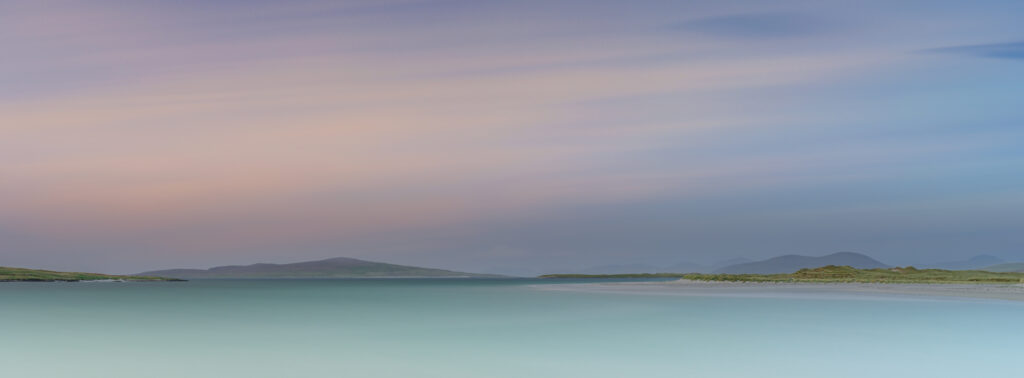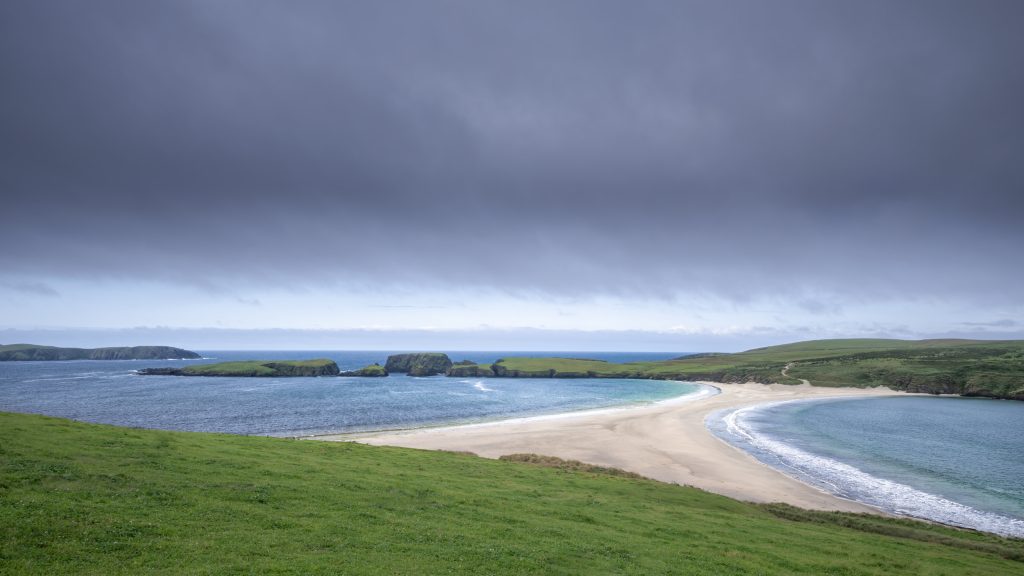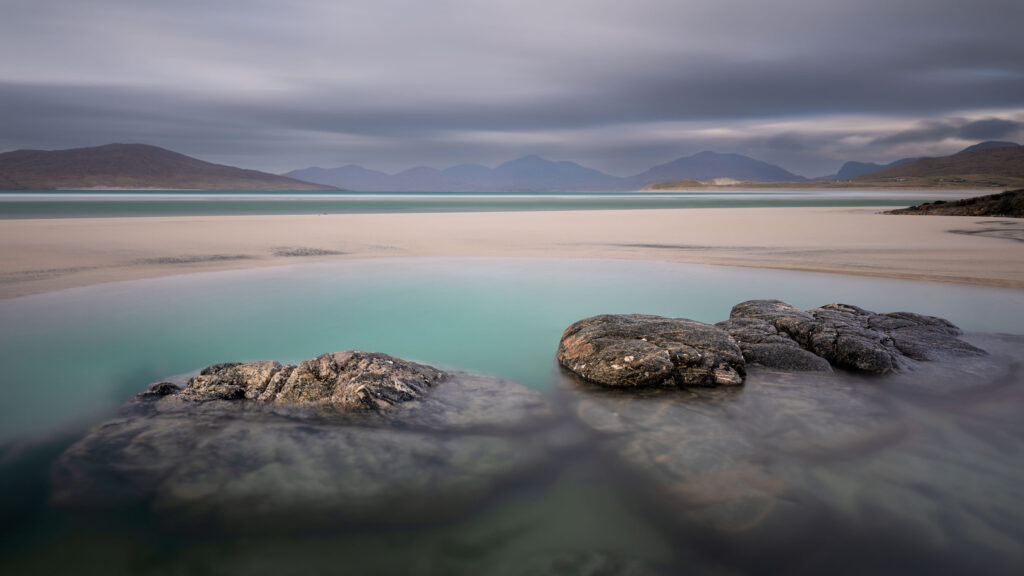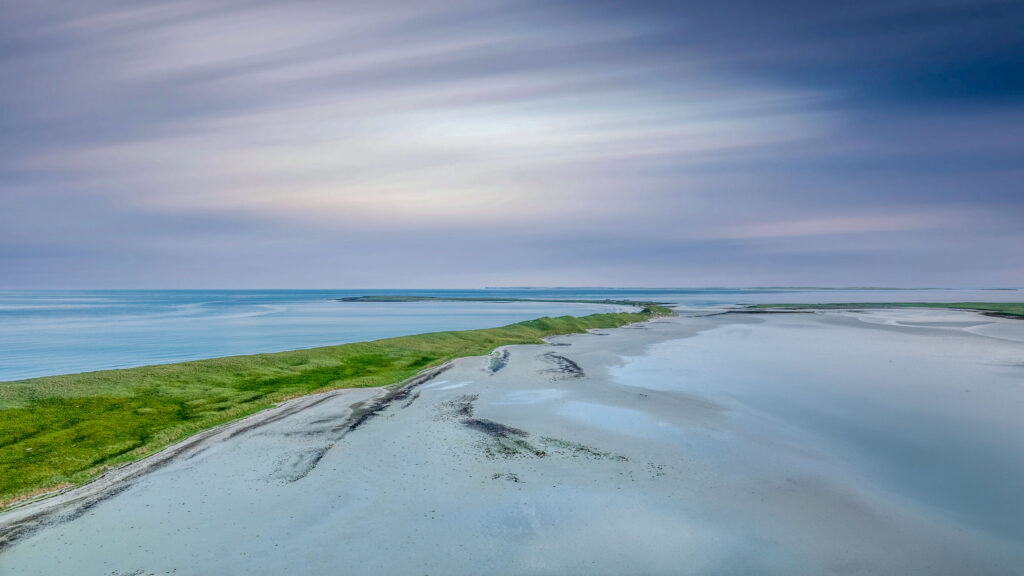Finding The Balance
Introduction
Landscape photography workshops offer enthusiasts a unique opportunity to enhance their skills, connect with nature, and create stunning visual representations of the world around them. However, when organising such workshops, a crucial question arises: Should more emphasis be placed on capturing images on location, or should additional time be allocated to post-processing techniques? This blog aims to explore the pros and cons of incorporating post-processing during landscape photography workshops, particularly when participants have travelled long distances for the event. By considering the perspectives of both participants and instructors, we can better understand the implications of each approach and make informed decisions for future workshops.

Benefits of Prioritising On-location Photograph
A. Immersive Experience:
Participants who have travelled far often seek an authentic, immersive experience in the landscape photography workshops. Spending more time capturing photographs on location allows them to connect with the environment, explore different compositions, and take advantage of unique lighting conditions.
B. Skill Development:
The workshop’s primary focus on fieldwork allows participants to refine their technical skills, such as understanding exposure, composition, and the use of equipment. Direct interaction with the instructor and fellow participants fosters a learning environment where immediate feedback and guidance can be provided.
C. Unaltered Beauty:
By capturing images straight from the camera, participants can showcase the natural beauty of the landscape without the need for extensive post-processing. This approach maintains the integrity and authenticity of the captured scenes.
Advantages of Incorporating Post-processing Techniques
A. Artistic Expression:
Post-processing enables participants to transform their raw images into unique and visually appealing works of art. It allows for creative freedom, giving photographers the ability to emphasize specific elements, enhance colours, and create impactful visual narratives.
B. Comprehensive Learning Experience:
Including post-processing classes within the workshop curriculum provides participants with a holistic understanding of the entire photographic workflow. It empowers them to unleash the full potential of their images, from capturing in the field to refining them through digital manipulation.
C. Adaptability:
Not all landscapes offer ideal lighting or weather conditions during the workshop period. By allocating time to post-processing, participants can salvage suboptimal captures or enhance images affected by unfavourable circumstances, thus increasing the chances of returning with a compelling portfolio.

Considerations for Workshop Organisers
A. Participant Expectations:
Workshop organisers should gauge the expectations of participants prior to the event. Surveys or pre-workshop discussions can help determine the level of interest in post-processing techniques, ensuring that the workshop aligns with attendees’ goals.
B. Customisation and Flexibility:
Striking a balance between on-location photography and post-processing requires flexibility. Organisers can consider offering optional post-processing sessions, allowing participants to choose based on their preferences and skill levels.
C. Time Management:
Careful planning is essential to allocate sufficient time for both on-location photography and post-processing sessions. Adequate breaks and downtime should be included to prevent exhaustion and maintain enthusiasm throughout the workshop.
D. Expert Instruction:
Ensuring the availability of knowledgeable instructors who can effectively teach both photography techniques and post-processing skills is crucial. Instructors should be skilled in explaining the nuances of the software and techniques used in post-processing while offering hands-on guidance.

My Thoughts:
As a passionate landscape photographer and organiser of photography workshops, I strongly believe in spending as much time as possible on location capturing images. Being out in nature, immersing ourselves in the landscape, and honing our skills in the field are fundamental aspects of the workshop experience. However, I also recognise the significance of post-processing and how it can transform an image into a powerful visual statement.
Post-processing is a valuable tool that allows photographers to refine their photographs, enhance colours, adjust exposure, and bring out the full potential of their images. It enables us to express our creativity and produce stunning results. Therefore, I understand the importance of including post-processing classes in the workshop curriculum.
By providing participants with knowledge and skills in editing techniques, they can learn to leverage post-processing tools effectively and artistically. Understanding how to edit well can significantly benefit their on-location photography. It allows them to envision the final outcome during the shooting process, make informed decisions on composition and exposure, and capture images with post-processing in mind. This knowledge empowers photographers to maximize the potential of their raw files and create impactful visuals that reflect their artistic vision.
However, it is crucial to strike a balance between on-location photography and post-processing instruction. To me, the primary focus of the workshop should always be on capturing images in the field, connecting with nature, and refining our skills as photographers. The moments spent in nature, witnessing the play of light and the beauty of the landscape, are what truly inspire us.
Including post-processing classes should not overshadow or replace the invaluable time spent on location. Instead, it should complement the fieldwork by providing participants with the necessary tools and knowledge to bring their vision to life during the editing process. Ideally, the post-processing sessions should be optional or held during downtime, ensuring that participants who are eager to spend more time in the field can do so.
Ultimately, the goal of landscape photography workshops should be to create a balanced and comprehensive learning experience. By prioritising on-location photography while recognising the significance of post-processing, we can cultivate a deeper understanding and appreciation for the art form. The combination of technical skills, artistic vision, and post-processing proficiency allows photographers to create stunning images that resonate with their audience and fulfill their creative aspirations.













